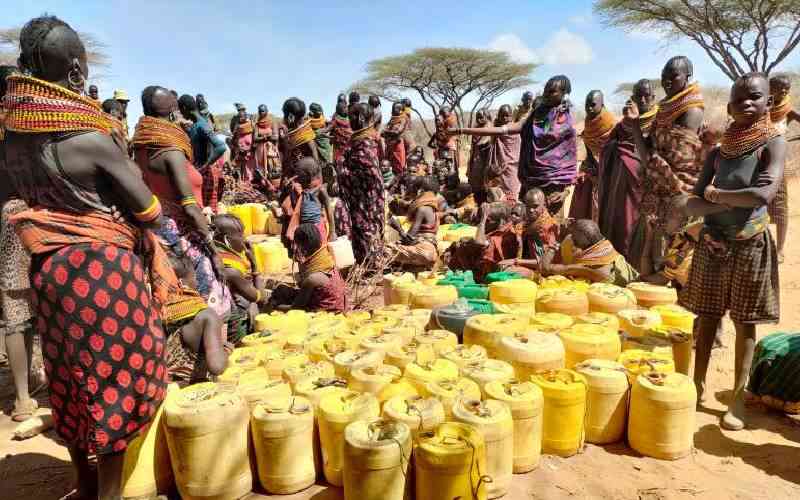×
The Standard e-Paper
Home To Bold Columnists

The world is facing increasing levels of climate change-driven water scarcity a newly released World Water Development Report 2023, says.
The report, which paints a grim picture of global water situation, particularly warns of seasonal scarcity it says will continue to increase due to climate change.